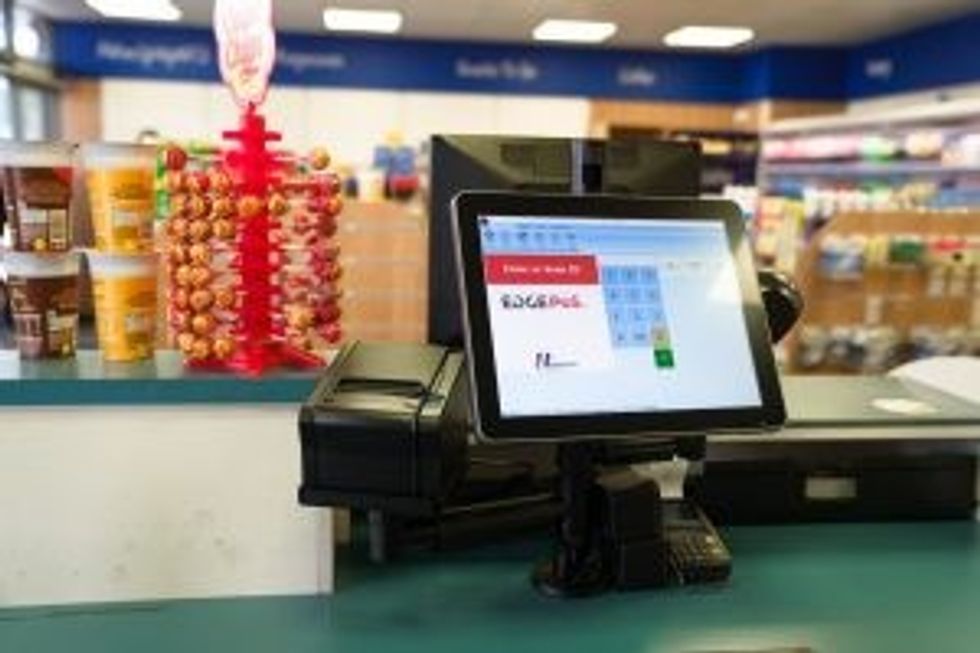Eight Harvest Energy forecourts have had new EDGEPoS systems installed under a partnership between WJ King Garages and Henderson Technology.
It involved installation of the EDGEPoS platform at each of William King’s Garages and EDGEPoS Head Office at Farningham, Kent, to allow the business to have full control of all eight forecourts from one central location.
The 10-lane project, including Head Office, took five weeks to complete between April and May 2023.

“After a competitive tender process, we are delighted to have been selected by WJ King Garages to roll out EDGEPoS across its eight Harvest Energy forecourts," said Darren Nickels, Retail Technology Operations Director at Henderson Technology.
“The experienced team at WJ King were looking for a progressive, future-proof, fuel EPOS system that could integrate their supplier and operations database with their EPOS platform, while at the same time coping with the demands of their busy sites.
“EDGEPoS meets all these needs and our EDGEPoS Head Office system allows WJ King to have full control and visibility of ordering, stock control, reporting and much more from one central location for all stores.
“We are pleased that WJ King has chosen EDGEPoS, and we are looking forward to a long and successful partnership over the years to come.”
WJ King is an eight-site forecourt operator based in Southeast London.
“The project team ensured the smooth planning and transition as we rolled out the system to all eight sites. We look forward to using the system’s full capabilities and working with Henderson Technology for the duration of our agreement and beyond.”







